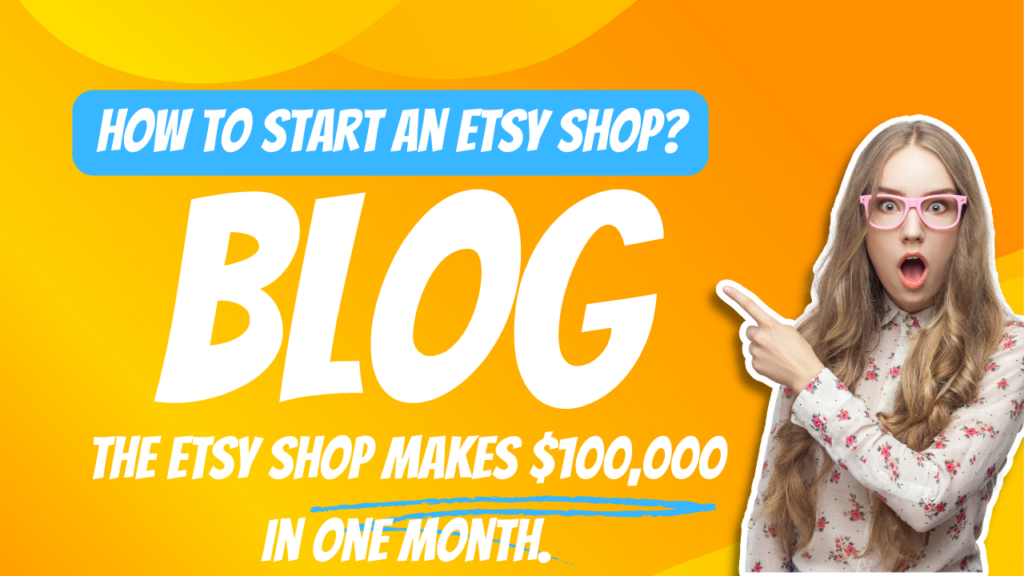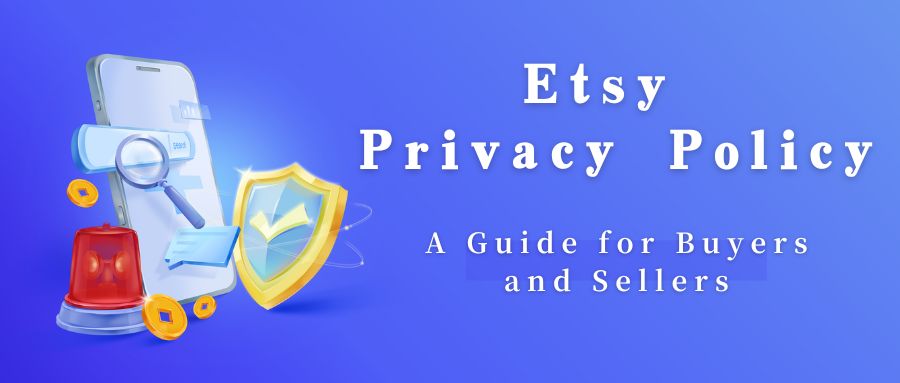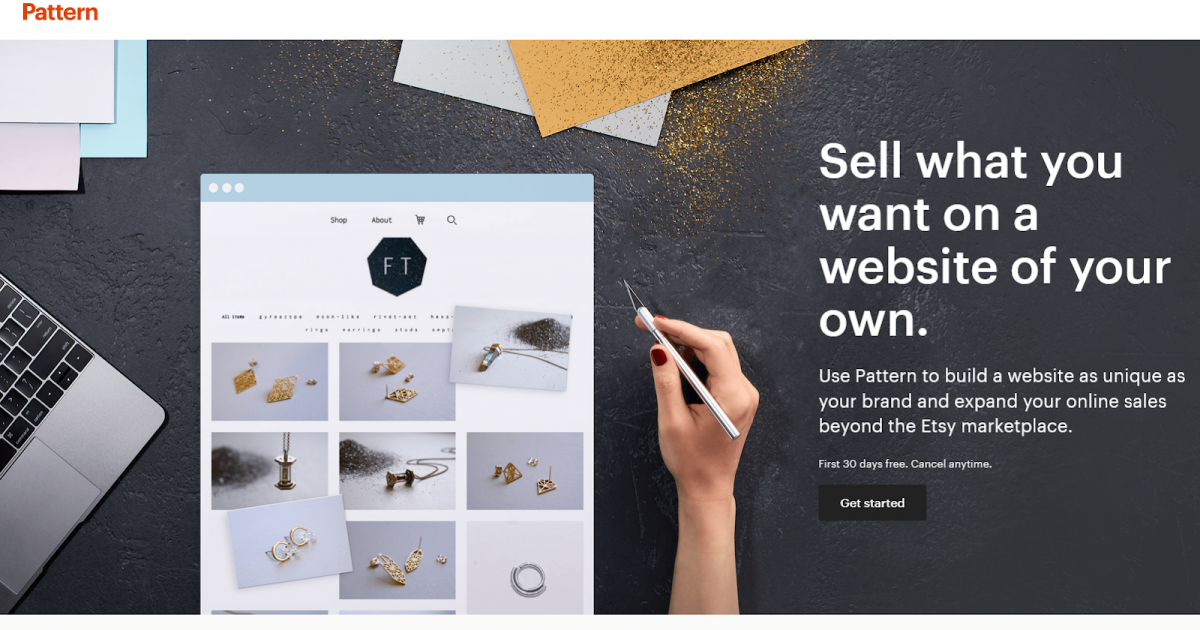How to Start an Etsy Shop
Etsy is a well-known online marketplace that specializes in the buying and selling of handmade goods, unique items, and artistic creations. It provides a platform for creators, artisans, and small businesses to showcase and sell their products. Opening a shop on Etsy offers numerous advantages, including a global audience, built-in trust, affordability, robust search engine optimization tools and marketing resources, and community support. This makes Etsy an ideal destination for creative individuals and independent artisans, helping them take their unique creations to a global market and achieve their business goals.

Step 1: Preparation
- Market Research: Before you begin, research the competition on Etsy, identify your target market, and discover the best-selling product categories.
- Choose Your Products: Decide what products or handmade crafts you want to sell on Etsy.
- Brand Development: Think of and establish your shop's name, logo, and overall brand image.
Step 2: Register an Etsy Account
- Visit Etsy Website: Go to the official Etsy website and click on "Sell on Etsy."
- Create an Account: Fill in the required information, including your email address, password, and shop name.
- Complete Your Profile: Provide personal information to build trust with potential buyers.
Step 3: Set Up Your Shop
- Add Listings: Take high-quality photos and create detailed descriptions for each product.
- Pricing Strategy: Determine your prices, taking into account shipping costs and taxes.
- Set Payment Methods: Choose payment options like Etsy Payments or PayPal.
Step 4: Establish Selling Policies
- Shipping Policies: Decide on your shipping methods and international shipping policy.
- Create Refund and Return Policy: Clearly define your refund policy to ensure fair interactions with buyers.
Step 5: Promote Your Shop
- Social Media Promotion: Share your shop and products on social media to increase visibility.
- Use Keywords: Include keywords in your product descriptions and tags to improve search visibility.
- Etsy Advertising: Consider using Etsy Ads to boost exposure.
Step 6: Manage Orders
- Monitor Your Shop: Regularly check your Etsy shop and respond promptly to customer inquiries.
- Process Orders: Handle orders promptly and provide excellent customer service.
- Keep Inventory Updated: Ensure your product listings are always up to date.
Step 7: Growth and Development
- Customer Feedback: Value customer feedback and use it to improve your products and service.
- Continuous Learning: Keep learning and stay informed about the latest changes and selling techniques on Etsy.
- Expand Product Line: Consider gradually expanding your product line to attract more buyers.
Step 8: Using some operational analysis tools
Are you an Etsy seller looking to take your shop to the next level? If so, you're in the right place. In this blog post, we're going to introduce you to a game-changing tool: EHunt's Product Research Database. This powerful feature can help you discover the perfect products to sell, improve your operational efficiency, and boost your sales. Let's dive in and explore why EHunt's product research database is a must-have for any serious Etsy seller.
EtsyHunt is a valuable tool designed to assist Etsy sellers in various aspects of their business. At the heart of EHunt is its Product Research Database, a treasure trove of data that can revolutionize your product selection process. It's a comprehensive collection of information about what's selling well on Etsy, complete with detailed statistics and trends,How to Get Started with EHunt's Product Research Databas?
- Sign Up: Create an EHunt account and access the Product Research Database.
- Explore Data: Dive into the database and start exploring trends and products that align with your niche.
- Refine Your Strategy: Use the insights to refine your product selection, pricing, and marketing strategy.
- Monitor Progress: Regularly revisit the database to stay up-to-date with the latest trends and make data-driven adjustments to your shop.

This is a brief outline to help you start an Etsy shop. You can use these steps to write a detailed blog article that will help others understand how to successfully operate their own Etsy shop. For more in-depth information, you can also refer to Etsy's official seller handbook and blog posts.




